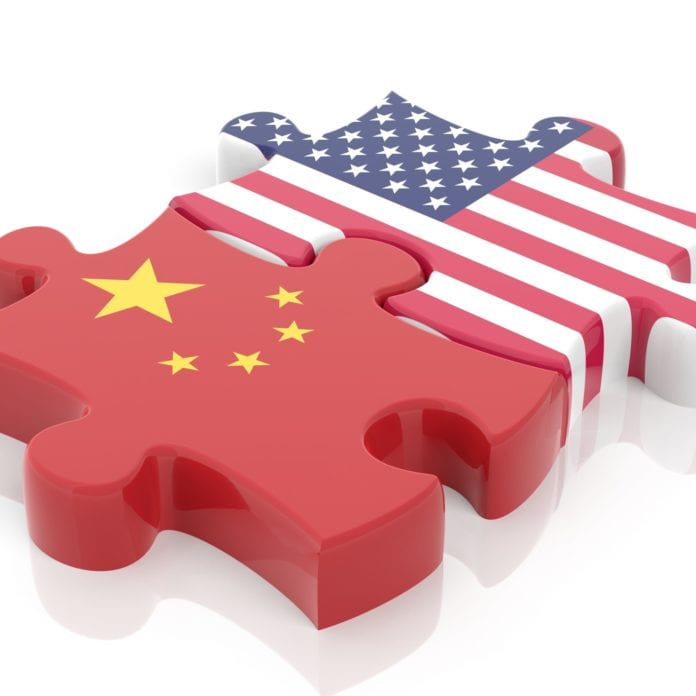Randall Stephenson said that European carriers who had used Huawei for 4G are stuck with the Chinese vendor
U.S. officials are failing to provide concrete details about the risks of implementing telecom equipment from Chinese vendors, AT&T CEO Randall Stephenson said during an event hosted by the Economic Club of Washington D.C, earlier this week.
He said that the U.S. government had told the company not to implement equipment from Chinese vendors, including Huawei and ZTE.
“So we are not using equipment from Chinese manufacturers,” the executive said.
“Our government is being very aggressive on this, that this is a security risk. I do not think our government is doing the best work in explaining why the security risk exists,” Stephenson said.
“The biggest risk,” he added, “is not that the Chinese government might listen in on our phone conversations or mine our data somehow if we use their equipment.”
Still, he said, it’s not unreasonable to be cautious about who is behind the technology underlying 5G.
“In the coming years, 5G will drive all U.S. factories, utilities, refineries, traffic management and help underpin autonomous vehicles,” he said. “If that much of infrastructure will be attached to this kind of technology, do we want to be cautious about who is the underlying company behind that technology? We damn well better be,” Stephenson added.
Stephenson also said that Huawei is making it very difficult for European operators to drop the company from its supply chain for 5G technology.
“If you have deployed Huawei as your 4G network, Huawei is not allowing interoperability to 5G — meaning if you are 4G, you are stuck with Huawei for 5G,” said Stephenson.”When the Europeans say we got a problem — that’s their problem. They really don’t have an option to go to somebody else.”
European carriers have warned governments that excluding Chinese vendors would delay the deployment of 5G infrastructure by years. Earlier this week, Germany’s Chancellor Angela Merkel reiterated that the government is not planning to exclude Chinese vendor Huawei from 5G contracts in the country.
Tensions between U.S. authorities and Huawei increased last year after the Justice Department announced criminal charges against the Chinese vendor, two affiliates in the U.S. and Iran, and the company’s CFO. A bipartisan group of U.S. lawmakers introduced bills that would ban the sale of U.S. chips or other components to Chinese vendors — including Huawei and ZTE — that violate U.S. laws. If passed, such bills would require the U.S. president to ban the export of U.S. components to any Chinese telecommunications company that violates U.S. sanctions or export control laws. The bill stipulates that penalties for violating U.S. export control laws or sanctions cannot be withdrawn until a pattern of compliance and cooperation over the course of a year proves that the practices by Chinese firms have been changed.

